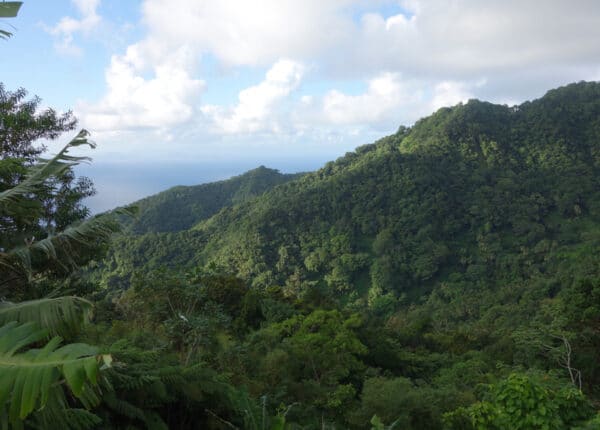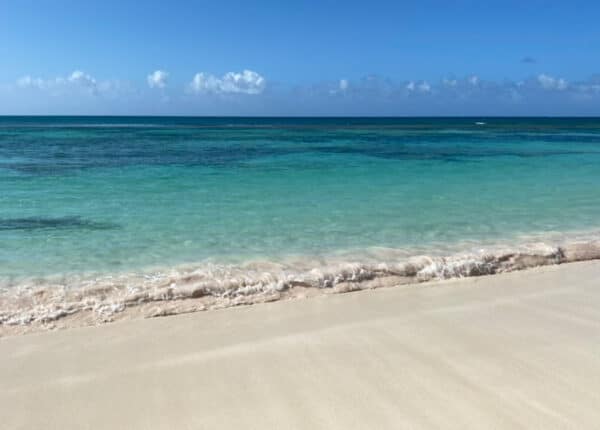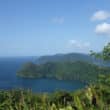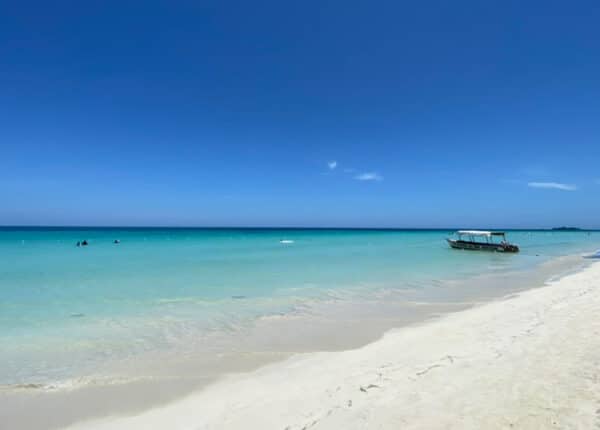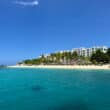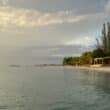Op-Ed: The IMF, Chavez, and Jamaica’s Economic Future
By David Rowe
Op-Ed Contributor
FOR THE LAST 12 MONTHS, Jamaica has been in intermittent negotiations with the IMF. These negotiations have not yet yielded a new agreement.
It is now acknowledged internationally that Jamaica is in an economic crisis. This economic crisis has occurred in large part due to excessive borrowing and the country’s incapacity to repay that debt. The amount of Jamaica’s national debt is almost 140 percent of its gross domestic product.
Interest payments to service the debt suck away more than 60 percent of Jamaica’s total annual budget. Jamaica’s main banker, the IMF, is demanding a major reduction in the public sector, a major policy shift in pension planning which will force government workers to pay significantly for their own pensions and tax reform that will prevent the Minister of Finance the discretion to grant tax waivers to major importers.
Since there are essentially no practical international alternatives to borrowing money from the IMF, it does not appear that further delay of the agreement with the fund and the subsequent announcement of the new rules to local Jamaicans will achieve anything.
Additional delay will do nothing to reduce Jamaica’s $1.6 trillion debt — nor will it improve Jamaica’s borrowing power or the international confidence in Jamaica’s economy.
The only short-term solutions to Jamaica’s overwhelming debt crisis seem to be the reduction of public spending and major improvements in public sector efficiency.
The country simply needs to earn more from its viable industries. Of course, a reduction in the murder rate and a reduction in violent urban crime will be good for enhanced productivity, too.
Perhaps the first strategy should be to adopt the policy proposed by influential private sector voices to convert the Ian Fleming Airport in Portland to a true international airport and thus create a new tourist center in the Northeastern region of the island.
The powers that be in tourism indicate that this would attract many new arrivals and create the opportunity for immediate inbound revenue.
The decision by the Chicago Tribune’s editorial writers to compare Jamaica with Greece and to detail the country’s enormous debt burden was a timely signal to the one-year old People’s National Party government that the international perception of Jamaica as a desultory debtor nation has now been cemented. The time for self-congratulation is over. The time for creative thinking and crisis solution is at hand.
The crisis has not been alleviated by the continued poor health of Hugo Chavez, Venezuela’s President.
Jamaica’s fuel imports are heavily subsidized by the PetroCaribe Agreement between Jamaica and Venezuela. Under this very preferential agreement, Jamaica pays Venezuela only just over half of the oil it imports, with the remainder of the oil bill financed over 20 years at an interest rate of only 1 percent.
If PetroCaribe were to be discontinued there would be an immediate $600 million increase on Jamaica’s annual import bill.
Jamaica has also arranged to pay part of the 40 percent through the barter of goods. The continued existence of the Petrocaribe bilateral arrangement is vital to Jamaica’s financial interest, and any cessation of PetroCaribe would make a very awkward financial crisis considerably worse.
David P Rowe is an attorney in Jamaica and Florida and a law professor at the University of Miami School of Law in Coral Gables, Fla
Note: the opinions expressed in Caribbean Journal Op-Eds are those of the author and do not necessarily reflect the views of the Caribbean Journal.
